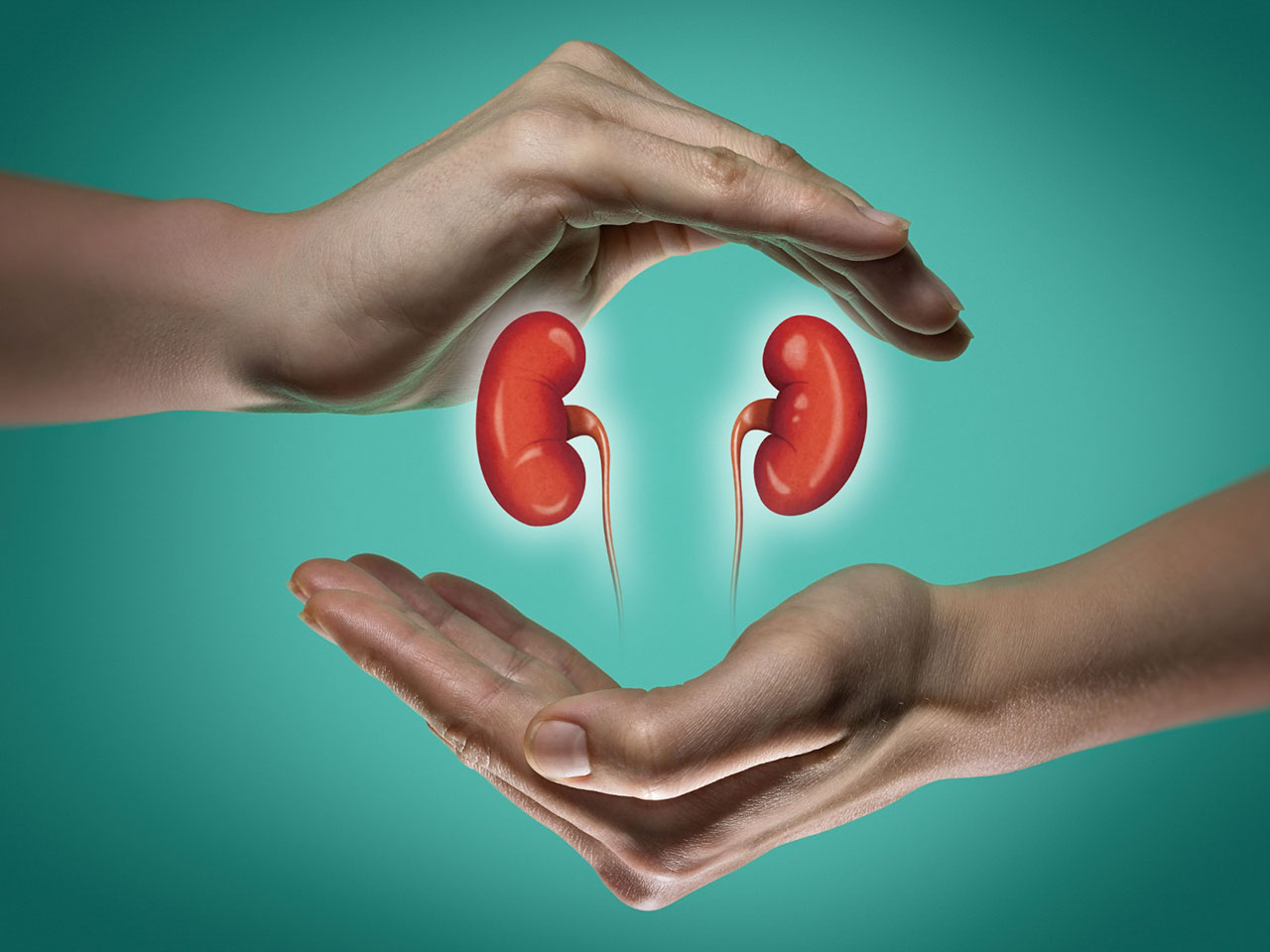Understanding the Link Between Type 2 Diabetes and Fatigue
Fatigue in type 2 diabetes isn’t just a symptom; it’s an intricate web woven with various physical and psychological strands. One might wonder, how exactly do emotional aspects such as depression and anxiety tie into this complex condition? Well, the connection is significant. Studies have highlighted that individuals with type 2 diabetes frequently experience higher rates of depression and anxiety, which in turn can lead to sleep disturbances. This trinity of mood disorders and sleep disruption forms a vicious cycle, perpetuating feelings of fatigue among those with diabetes.
Depression, Anxiety, and Sleep Disruption
Emotional well-being plays a crucial role in the management of diabetes. When depression and anxiety enter the picture, they bring along disrupted sleep patterns, which exacerbate the feeling of constant weariness. It’s a challenging trifecta — the psychological distress from these mental health issues can disrupt the normal stages of sleep, leading to a poor quality rest that fails to refresh the body and mind. Moreover, the stress hormones released during periods of anxiety can also affect blood glucose levels, making diabetes management even more difficult and contributing further to fatigue.
Obesity and Its Metabolic Impact
Obesity is another critical factor in understanding fatigue in type 2 diabetes. Excess weight impacts hormonal balance and metabolic activity, both of which are key players in managing energy levels. A high Body Mass Index (BMI) is often associated with increased fatigue, particularly in women with type 2 diabetes. The additional weight can lead to insulin resistance, where the body does not use insulin effectively, causing blood glucose levels to rise and energy production to falter. Not only does this result in the typical hyperglycemic symptoms, but it also contributes to a persistent state of tiredness.
The Role of Obstructive Sleep Apnea
Compounding the issue of obesity is the risk of obstructive sleep apnea (OSA), a condition significantly more prevalent among individuals with type 2 diabetes. OSA is characterized by pauses in breathing during sleep due to the obstruction of the upper airway. These interruptions can occur numerous times throughout the night, leading to a drop in oxygen levels and fragmented sleep, which prevents deep, restorative sleep cycles. As a result, individuals wake up feeling unrefreshed, facing the day with depleted energy reserves, and an overwhelming sense of fatigue.
In summation, the link between type 2 diabetes and fatigue is a multifaceted one, influenced by a combination of emotional well-being, physical health, and sleep quality. By acknowledging and addressing these interconnected factors, individuals with type 2 diabetes can take a proactive approach towards mitigating fatigue and improving their overall quality of life. In the upcoming sections, we’ll explore further the contributing factors and uncover strategies to manage and combat this pervasive fatigue.
Factors Contributing to Diabetes Fatigue
In uncovering the complexities of fatigue in type 2 diabetes, we must consider various factors that interweave into the daily lives of those affected. One such element is nutrition. Analyzing the influence of poor nutrition and lack of social support on the prevalence of fatigue in type 2 diabetes patients reveals a landscape where dietary choices directly impact energy levels. For instance, cells require insulin to absorb glucose for energy, and in those with diabetes, this process can be impaired, leaving individuals fatigued when their cells do not get enough glucose. This is further compounded by poor nutrition, which can exacerbate these issues, leading to either an excess or deficiency in essential nutrients that are crucial for energy production and overall health.
Moreover, lack of social support can indirectly contribute to fatigue. Studies have shown that emotional and psychological support can greatly influence how individuals manage their condition, including dietary habits and the motivation for regular physical activity. Without such support, one might feel isolated and less inclined to take proactive steps in managing their diabetes, thus potentially increasing the likelihood of fatigue.
Lifestyle Choices, Obesity, and Diabetes Fatigue
Delving into the interconnectedness of lifestyle choices, obesity, and diabetes fatigue, it’s clear that these elements form a challenging triad. Obesity is known to affect hormonal balance and metabolic activity, both of which are critical in the management of type 2 diabetes. An imbalance here can lead to fluctuating blood glucose levels, which, as previously mentioned, can leave individuals feeling tired and weak. The lifestyle choices contributing to obesity—like sedentary behavior and high-calorie diets—can also independently cause fatigue. Physical inactivity, for example, may result in diminished muscle strength and endurance, adding to the sensation of constant tiredness.
A weighty issue in its own right, obesity can also intensify insulin resistance, further complicating blood glucose regulation and exacerbating fatigue. It’s a vicious cycle: poor lifestyle choices can lead to obesity, which in turn can increase the burden of managing type 2 diabetes and contribute to persistent fatigue.
Addressing Underlying Factors
Finally, discussing the importance of addressing underlying factors to effectively manage and control fatigue in individuals with type 2 diabetes is critical. It’s not just about treating the symptoms; it’s about understanding and tackling the root causes. This means a comprehensive approach is required—one that incorporates dietary advice, exercise, and weight management strategies, along with medical interventions where necessary.
Recognizing the multifaceted nature of diabetes fatigue is the first step towards effective management. Healthcare providers play a pivotal role in identifying and addressing these factors, which may range from clinical aspects like anemia or thyroid dysfunction to lifestyle components such as inadequate sleep and stress. Furthermore, medication side effects can contribute to fatigue and should be reviewed regularly.
By adopting a holistic view and considering the biological, psychological, and social factors at play, individuals with type 2 diabetes can be better equipped to tackle the exhausting challenge of fatigue. With appropriate lifestyle modifications and medical support, the relentless grip of fatigue can be loosened, allowing for an enhanced quality of life.
Strategies for Managing Diabetes Fatigue
Living with type 2 diabetes can be a delicate balancing act, particularly when it comes to managing fatigue. This energy depletion not only affects daily activities but also the overall quality of life. So, how can individuals combat this pervasive tiredness? Introducing lifestyle modifications is a pivotal step toward revitalizing one’s energy reserves.
Introducing Lifestyle Modifications
Starting with the basics, good sleep hygiene sets the foundation for combating diabetes-related fatigue. Ensuring 7 to 9 hours of quality sleep each night allows the body to rest and repair itself (Healthline). Establishing a regular bedtime routine, optimizing the sleep environment for comfort and darkness, and avoiding stimulants before bedtime are all vital components of sound sleep hygiene. Furthermore, regular physical activity serves dual purposes: it aids in blood glucose control and enhances energy levels. The American Diabetes Association recommends at least 150 minutes of moderate-intensity aerobic activity per week, including resistance training on two or more days a week (Healthline).
Exploring the Reciprocal Relationship
Managing diabetes isn’t just about keeping blood sugar levels in check; it’s about creating a sustainable lifestyle that supports overall well-being. There is a reciprocal relationship between managing diabetes effectively and alleviating symptoms of fatigue. For instance, a diet rich in nutrients and low in processed sugars can stabilize blood sugar levels while simultaneously providing the body with the fuel it needs to thrive. Reducing alcohol intake and drinking caffeine in moderation can also help maintain consistent energy levels throughout the day (Healthline).
Addressing Fatigue Symptoms Alongside Diabetes Complications
Managing diabetes fatigue extends beyond immediate symptom relief; addressing underlying complications of diabetes is equally important. For example, regular monitoring of blood glucose can reveal patterns that may contribute to energy dips. Consulting with healthcare providers can help tailor medication regimens that don’t exacerbate fatigue. Additionally, mental health cannot be overlooked. As depression is common among individuals with type 2 diabetes, seeking therapy or support groups can alleviate both psychological distress and physical exhaustion (Healthline).
Remaining hydrated, maintaining a healthful weight, and engaging in stress-reducing activities such as meditation or yoga are further strategies to bolster well-being. Friends and family can provide essential social support, helping to reduce feelings of isolation and boosting motivation for self-care practices that address both diabetes and fatigue (Healthline).
Managing diabetes fatigue requires a holistic approach. By integrating lifestyle changes, recognizing the interconnectedness of diabetes management and fatigue, and addressing the broader spectrum of diabetes complications, individuals can reclaim their vitality and enhance their overall well-being

























